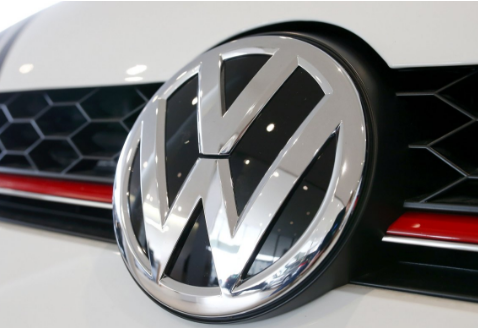Significant automakers and other groups are opposing the way Volkswagen wants to spend $2 billion on electric automobile facilities and jobs, as part of the German automaker’s atonement for diesel emissions scandal.
Volkswagen prepares to set up numerous EV charging stations nationwide as part of the 10-year strategy. About $800 million of the overall will be spent in California as part of a settlement with the government following the admission of German car manufacturer to covertly setting up cheating software in 580,000 diesel cars enabling them to release excess pollution.
The California Air Resources Board is thinking about whether to authorize the $200 million spending plan for the first 30 months and is reviewing the 120 remarks submitted, stated spokesman Dave Clegern.
Automakers object to the proposed areas of some charging stations in areas that presently have numerous electric vehicles and have concerns about competitive advantages VW might receive from the program. An environmental group stated more of the stations must be integrated in low-income locations.
Also, Toyota Motor, Honda Motor and Hyundai composed a joint letter urging California to require Volkswagen to invest a “significant portion” of the money on hydrogen fuel cell fueling stations, stating the existing commitment by California to get 100 such stations in place by 2020 is “not on track.”
In its preliminary California spending plan, Volkswagen wishes to designate $120 million to develop over 400 highway and neighborhood EV charging stations by 2019 in high-traffic areas. Numerous automakers stated in their comments that they would prefer that the new charging stations be installed rather in locations that have small electric car traffic.
Ford Motor said it “has reservations about having an essential electrification driver dependent on and ultimately managed by one vehicle competitor.” Ford added VW must target locations where “demonstrated market interest does not currently exist.”
BMW stated Volkswagen “should not be afforded an implicit comparative benefit through its capability to control daily operations of consumer charging events” such as waiting times, rates and billing.
Under the agreement with California and the Justice Department, funds invested in education and outreach should be brand-neutral and can not include Volkswagen automobiles. Charging stations need to be accessible to all automobiles.
The three automakers who want Volkswagen to invest more on building hydrogen fueling stations are aiming to sell fuel cell automobiles.


